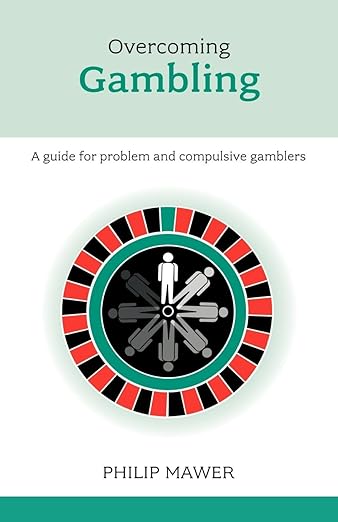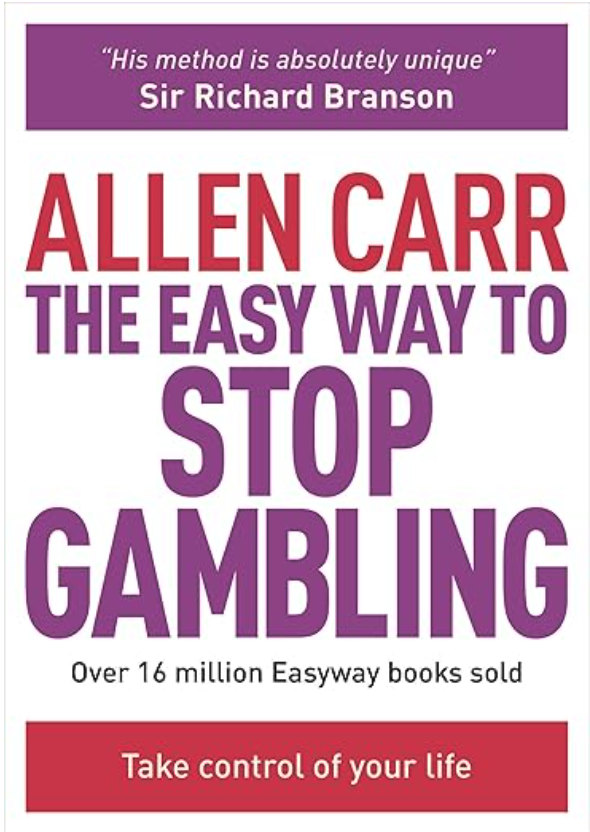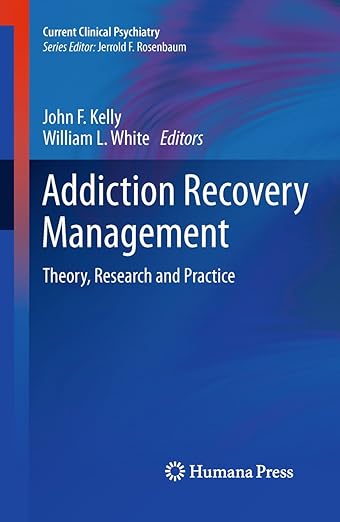You’ve promised yourself, “This is the last time.” Yet somehow, you’re back at the casino—or scrolling through betting apps—again. Why?
If you’re wondering why gamblers relapse, even when gambling is harming your finances, relationships, or peace of mind, you’re not alone. At High Stakes Healing, we believe that understanding the psychology behind gambling relapse is the first step toward lasting recovery. With the right tools—like habit-tracking apps and structured routines—you can begin to break the cycle.
Some of the links on this page are affiliate links. That means if you choose to make a purchase, High Stakes Healing may earn a small commission—at no extra cost to you. We only recommend books and resources we believe can truly support your recovery journey.
Guidance When You Need It Most
Struggling with urges or setbacks? With Online-Therapy.com, you can reach professional support, practical tools, and a structured program to help you stay on track.
Why Gamblers Relapse: The Psychology Behind the Cycle
Dopamine and Intermittent Rewards
Gambling stimulates the brain’s reward system with dopamine. Unlike predictable rewards, gambling delivers random wins, which makes it uniquely addictive. This “intermittent reinforcement” keeps you hooked, chasing the next high.
Chasing Losses
After losing, the brain falsely believes a win is “due.” This gambler’s fallacy pushes you to risk more, hoping to recover what’s lost—and digging deeper instead.
Emotional Escape
Gambling is often used to escape anxiety, stress, or loneliness. For many, it’s the only place where emotions shut off, or feel exciting enough to distract from pain. If you use gambling to soothe anxiety or stress, explore how mindfulness helps reduce gambling cravings and urges.
Addiction to the Ritual
It’s not just the money. The environment—the lights, sounds, suspense—becomes part of the ritual. Gambling apps and casinos are designed to pull you in and keep you immersed.
Silence and Shame
Guilt and secrecy isolate gamblers, preventing them from seeking help and reinforcing relapse patterns. To better understand the emotional and physical urges that fuel relapse, explore our understanding triggers and cravings in gambling relapse recovery article, which breaks down how cravings emerge and offers strategies to respond with compassion and structure.
How to Break the Relapse Cycle—One Step at a Time
Relapse isn’t a moral failure. It’s a signal that something deeper needs attention. You don’t need to hit rock bottom to recover. Start with small, repeatable actions:
Acknowledge the Problem
Gambling disorder is treatable. It’s not about willpower—it’s about understanding your patterns and getting the right support.
Track Your Triggers
Journals or apps help identify when urges hit and what emotions/situations fuel them. For a deeper dive into practical strategies, see our gambling trigger response guide: practical tools to stay grounded, which outlines step‑by‑step methods to recognize triggers and respond with healthier coping techniques.
Create New Rituals
Replace gambling with habits that provide emotional rewards (e.g., creative projects, morning routines, check-ins with recovery partners). If you’re looking for practical ways to build these habits on your own terms, explore our self-guided recovery strategies for breaking gambling habits, which offers step‑by‑step approaches to structure recovery outside of formal rehab.
Use Supportive Habit Apps
Apps help you track urges, build structure, and stay accountable—even on bad days.
Best Apps for Gambling Recovery
- Gambless – A CBT-based app for emotional regulation and daily support against gambling urges.
- Habitica – Turns your goals into a game. Build structure and get “rewarded” for positive habits.
- Strides – Visual goal-tracking to help you stay motivated and monitor relapse risks.
- Forest – Encourages mindfulness and phone-free time by growing virtual trees.
- Fabulous – Wellness app for building healthy habits and routines that reduce stress and relapse triggers.
Books That Help You Understand Why Gamblers Relapse
Understanding Gambling Addiction
Sometimes, the right book can feel like a trusted companion in recovery. Our Books for Recovery page gathers hand-picked titles on gambling addiction, emotional healing, and building a healthier future.
Final Reflection: You’re Not Failing—You’re Rewiring
Relapse doesn’t mean you’re broken—it means you’re still learning. Understanding why gamblers relapse gives you back a sense of power and clarity. Each urge is an invitation to respond differently. Each slip is a step toward greater awareness.
You’re not weak. You’re in recovery. And every day you resist the urge, track your habits, or speak honestly about your struggles—you’re healing.
You’ve got this. And if you ever fall again, you can get back up. Every time.







